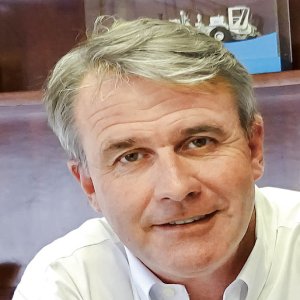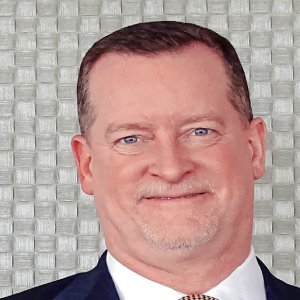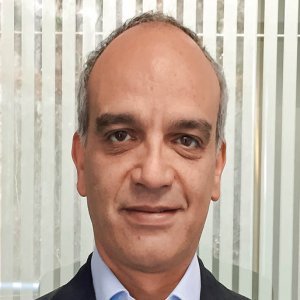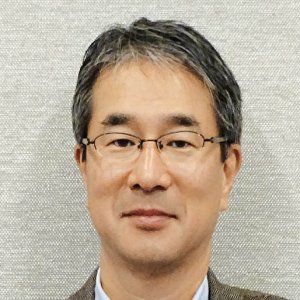The Challenge of Creating a World-Class Regulator in Record Time

STORY INLINE POST
Q: What are the main challenges facing CNH today?
A: One of our main challenges today is hiring the best people because it is difficult to find excellent people who are willing to work as tough regulators, while salaries are not fantastic. It is difficult to find committed people who are willing to sacrifice future prospects of working in PEMEX and accept a cut in salary compared to private sector standards. It seems to me that we are leaving the technical part of operations and are moving more toward an administrative office, in which we receive and approve wells, exploration plans, and development plans. This is some of the risk that I see today, and this might bite us eventually as we move forward. There are 20 operators right now, but by the end of this administration, we will have between 30 and 40 operators in the country. Until now, we have only seen the nice, kind, gentle face of these companies that want to invest in Mexico. Due to probability alone, we will be facing problems or disagreements with two or three if we are working with over 30, PEMEX included. Without the technical and legal strength when confronted by the ugly face of an operator for the first time, then CNH may not be in a position to contend with these players. For instance, in the event of a deepwater discussion with billions of dollars at stake, these big operators are not going to bring two lawyers, they are going to bring the entire legal department to ensure that they win, as they do all over the world. We have to plan to face these kinds of problems.
Q: How are you able to plan for such situations, given that you cannot build the world’s best legal team in-house?
A: First of all, we have to plan how we are going to grow, define what capabilities will be most relevant, and gauge whether we have the required talent in Mexico. For instance, there are very few experts in E&P contracts in Mexico, because this was not necessary in the country. When PEMEX began to oversee the CEIPs, only a small department was required and small contracts were tendered. However, there are Mexican people who have been carrying out this kind of work in other parts of the world, and there is no requirement to hire exclusively Mexicans. We need to develop a human resources strategy that allows us to hire experts from around the world.
Q: How would you ensure that, in the case of a conflict with a foreign company, the participation of a foreign CNH representative would not create a conflict of interest?
A: We have considered this issue, and we realize that we need to find a balance between internal employees, consultants, and outsourcing through independent companies. Ultimately, board members must be highly qualified, as there is a mandate to serve the needs of the country. There is no objection to recruiting board members from other parts of the world, as long as assurances are made that potential conflicts of interest will not arise. We also must place emphasis on training in order to create experts.
Q: What are the main constraints that prevent CNH from functioning optimally?
A: The technical strength is a point of concern, and there is a risk that CNH may become an administrative body, a rubber stamper, due to lack of understanding of the technical details that we may face or due to tight deadlines. This is holding us back from being an optimal organization. Ultra-deepwater is an example of more technical and advanced problems that we may not be able to optimally address. In terms of processes, we have learned a lot from our membership of entities such as the International Regulators Forum, and we have specialized staff that are well-versed in the protocols.
We have not yet received all relevant information that PEMEX is supposed to transfer as part of the Energy Reform, we do not have the necessary technical capability in terms of people, and we have neither the hardware nor the software required. When requesting information from the National Center of Hydrocarbons Information, sometimes the response is that this information is not available and the request is placed in a queue that can take months. This lack of access to information is a weakness of the agency. At the moment we have to still request information from PEMEX to prepare the data rooms on a case by case basis. This is not the way this should be done and we should have access to all the information to create a strong position for the Mexican state.
























